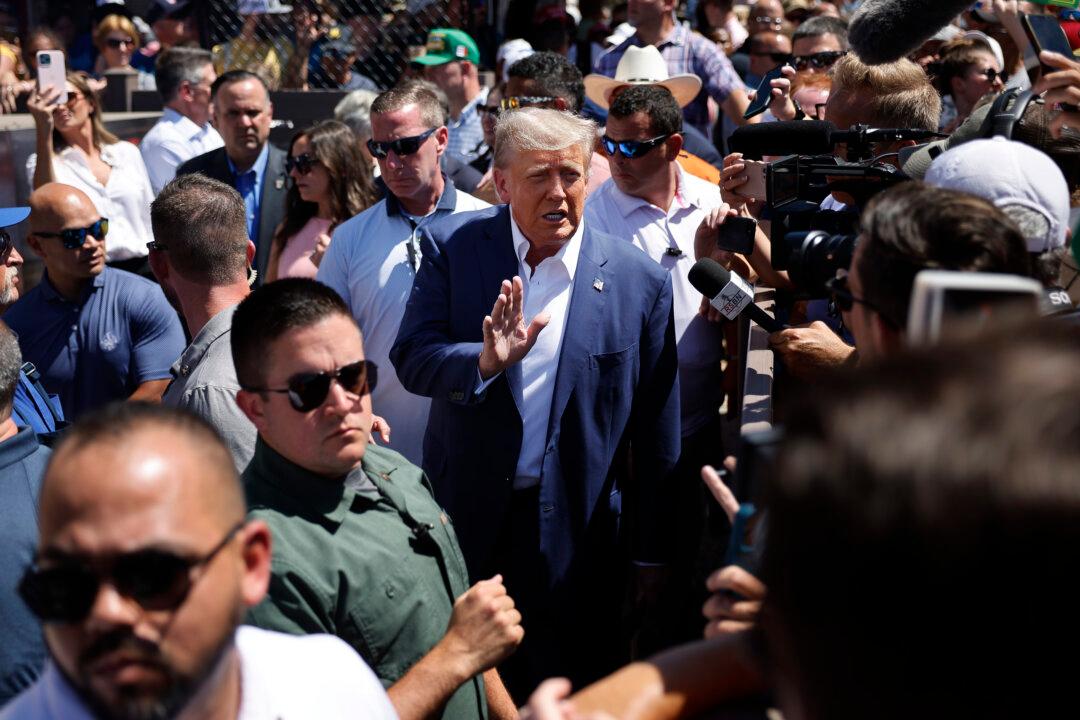A Democrat lawmaker is pushing a bill that could strip away Secret Service protection granted to former President Donald Trump if he is sentenced in any of his ongoing cases.
Rep. Bennie Thompson (D-Miss.), former chair of the now-defunct Jan. 6 committee, introduced HR 8081, or the DISGRACED Former Protectees Act, on April 19. The bill seeks to terminate Secret Service protection offered to any person once they are sentenced following a conviction “for a Federal or State offense that is punishable for a term of imprisonment of at least one year.” A fact sheet for the bill noted that this measure would apply to President Trump.





